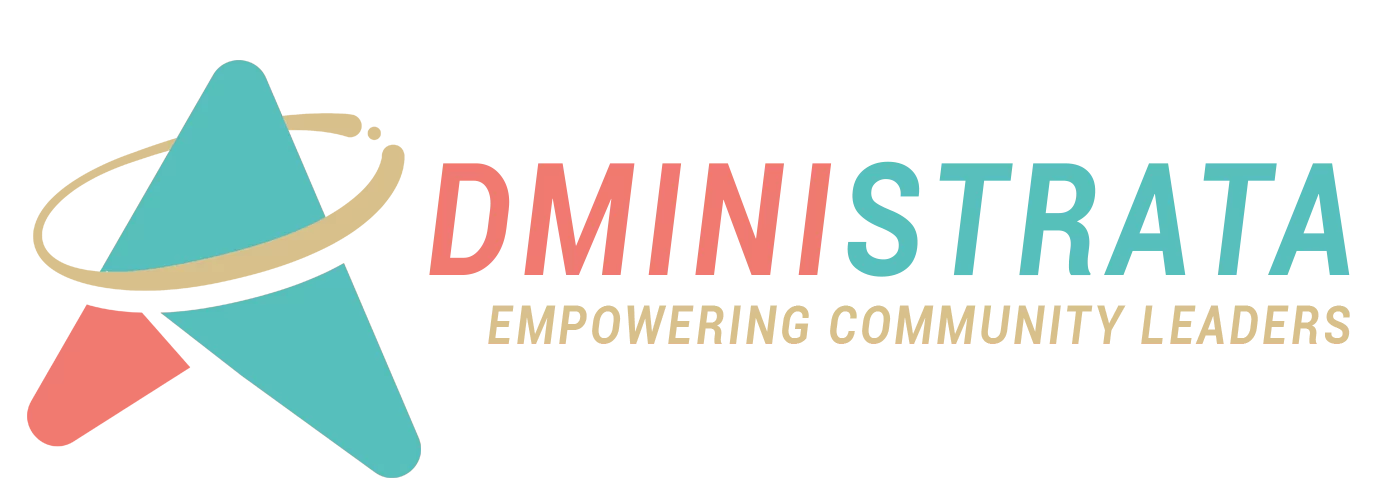Bitly, one of the most popular URL-shortening services, is making a significant change to how its free users’ links and QR codes function. In an email sent to users today, the company announced that it will begin displaying preview pages—potentially including advertising—before redirecting users to their intended destinations.
This update, set to roll out in the coming month, means that anyone clicking on a Bitly link or scanning a QR code created by a free-tier user may first land on an intermediary page rather than being taken directly to the intended website.
However, now that Bitly will be inserting an interstitial preview page with possible ads, the redirection process is no longer a simple pass-through. Instead, this additional step could have several negative SEO implications:
For businesses and marketers who rely on seamless redirections and SEO-friendly links, this update could be a compelling reason to either upgrade to a paid Bitly plan or explore other URL-shortening services that don’t disrupt user experience.
Source: https://www.billhartzer.com/advertising/bitlys-policy-free-users-ads/
This update, set to roll out in the coming month, means that anyone clicking on a Bitly link or scanning a QR code created by a free-tier user may first land on an intermediary page rather than being taken directly to the intended website.
What’s Changing?
According to Bitly’s email, the upcoming changes include:- Preview Pages: Instead of instantly redirecting users, Bitly may display an interstitial (a temporary page) with information about the link’s destination.
- Advertisements: The preview page maycontain advertising, which introduces a new revenue stream for Bitly at the expense of user experience.
- Monetization for Free Links: This move effectively makes free-tier Bitly links ad-supported, meaning users clicking these links could be subjected to extra steps before reaching their intended webpage.
- Opt-Out Available for Paid Users: Free-tier users who wish to remove the preview page experience will need to upgrade to a paid Bitly plan.
One of the biggest concerns with this change is its potential impact on SEO (Search Engine Optimization). Previously, when someone clicked on a Bitly link, they were redirected immediatelyusing either a 301 (permanent) redirect or a 302 (temporary) redirect. These types of redirects pass link equity (301) or maintain some SEO integrity (302) when used in marketing campaigns or link-sharing strategies.However, now that Bitly will be inserting an interstitial preview page with possible ads, the redirection process is no longer a simple pass-through. Instead, this additional step could have several negative SEO implications:
- Loss of Link Equity: If the interstitial page disrupts the direct redirection process, search engines may not pass link value as effectively.
- Crawling and Indexing Issues:Google and other search engines may treat Bitly links differently, potentially impacting how they evaluate the final destination page.
- Decreased User Engagement Metrics:Because users may abandon the interstitial page before reaching the final destination, engagement signals (such as bounce rates and time on site) may be negatively affected, which could impact rankings.
If you rely on Bitly for link-sharing and want to avoid these SEO issues, you have a few options:- Upgrade to a Paid Bitly Plan – This will remove the interstitial page and ensure your links function as they did before, likely maintaining the same 301/302 redirects.
- Switch to a Different URL Shortener – Services like TinyURL, Rebrandly, or Firebase Dynamic Links may provide cleaner redirects without interstitial ads.
- Use Direct Links Where Possible – Instead of relying on URL shorteners, consider using direct, trackable links (such as UTM parameters for analytics) whenever feasible.
For casual users who only shorten links occasionally, this change might be a minor inconvenience. However, businesses, marketers, and social media managers who rely on Bitly for seamless, trackable link sharing may find this update disruptive. The additional step could:- Reduce click-through rates (CTR) as some users may abandon links after encountering a preview page.
- Damage trust and credibility, as users may perceive the preview page as spammy or misleading.
- Cause issues with QR codes, particularly in marketing materials where immediate redirection is expected.
For businesses and marketers who rely on seamless redirections and SEO-friendly links, this update could be a compelling reason to either upgrade to a paid Bitly plan or explore other URL-shortening services that don’t disrupt user experience.
Source: https://www.billhartzer.com/advertising/bitlys-policy-free-users-ads/

